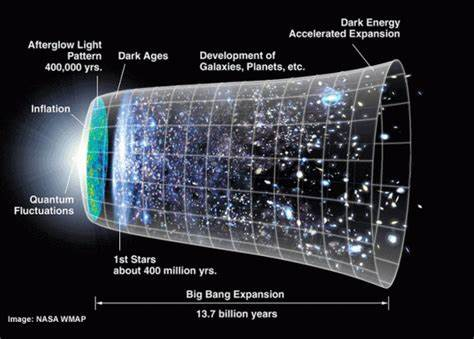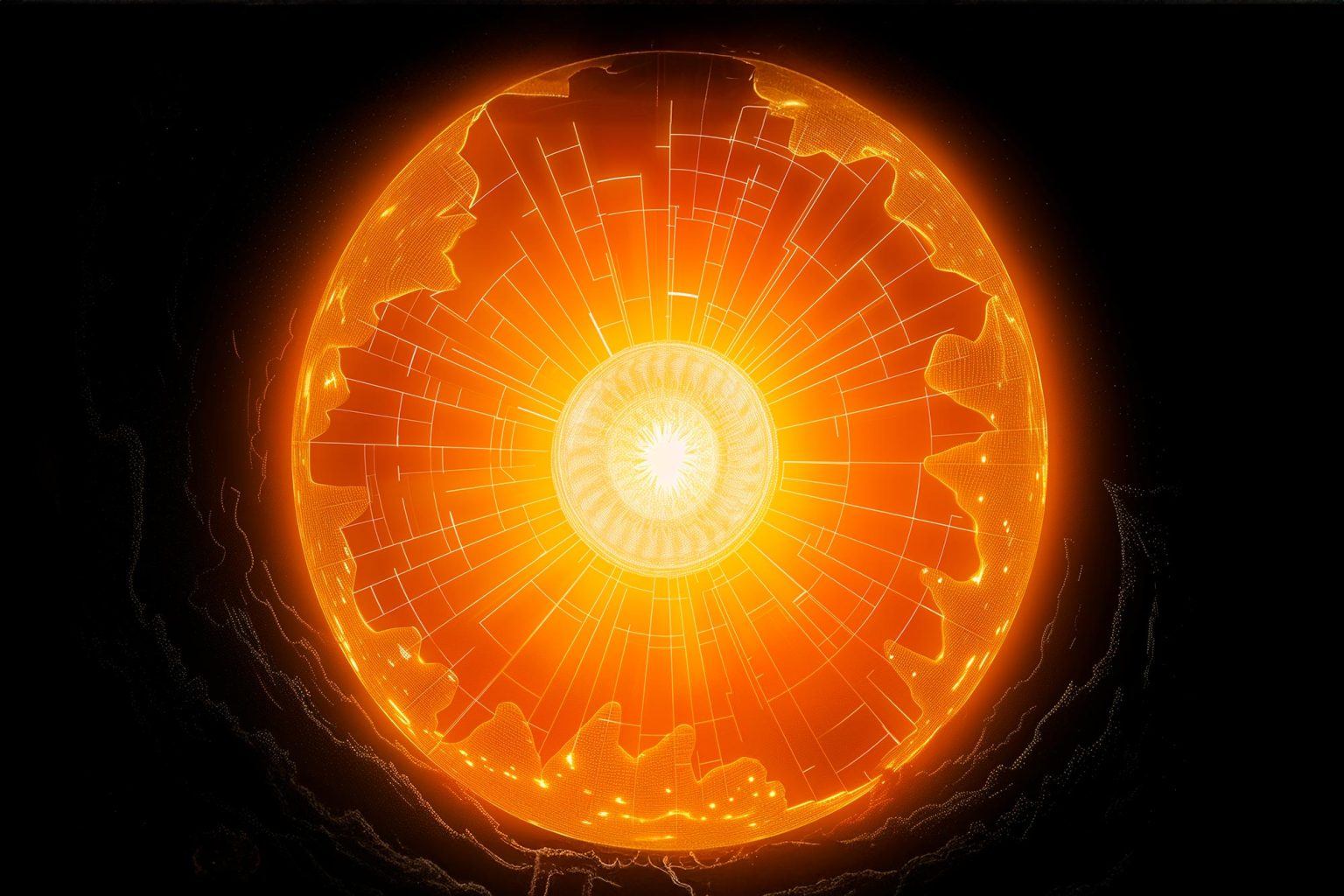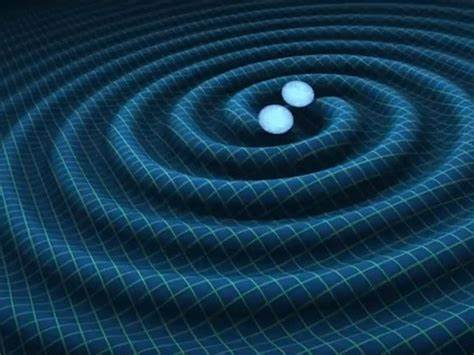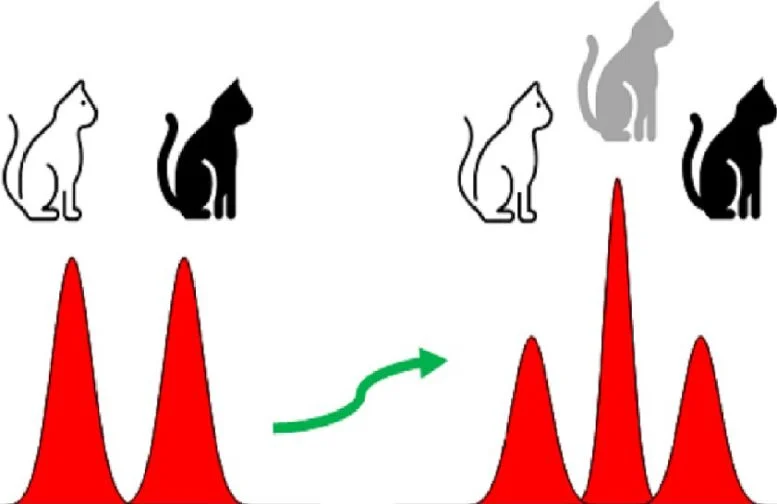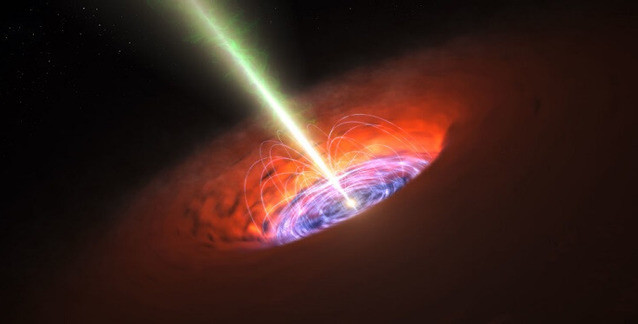"Researchers have devised a quantum mechanics-based approach that significantly improves the prediction and enhancement of metal ductility, leading to the development of metals that are so durable they could be considered “unbreakable” for their given application. Credit: SciTechDaily.com" (ScitechDaily, Quantum Breakthrough Paves Way for “Unbreakable” Metals)
When we think about things like neutron stars one of the reasons why it is so hard to break is this: Neutron star is a homogenous object. On its shell are only neutrons. The neutrons are spinning in one direction. The spin of the entirety is so fast that the impact energy is distributed evenly on that structure. Another thing is that individual neutrons also spin vertically relative to the equator. And that drives energy out from that structure.
And that drives energy out from the neutron star. Normally. Neutrons can exist at 877.75 seconds if it's outside the atom nucleus. But in neutron stars. Those neutrons are in powerful gravity and electromagnetic fields. Those fields pump energy to neutrons. So theoretically is possible to make a quantum net there is neutron rolls. Those neutron rolls can drive energy out of the structure. And that makes this structure a very strong thing.
The idea is that atoms, ions electrons, and other subatomic particles form the quantum rolls that transport energy to the wanted direction. The idea of unbreakable material is that. The material can transport energy through it or away from it immediately after energy stress. In that process, the material must not form internal standing waves.
"Fiber-Coupled Single-Photon Source. Credit: Swati Foujdar". (ScitechDaily, Practical Quantum Devices Now Closer to Reality – Scientists Unveil Room Temperature Photonic Chips) This kind of system shoots laser beams through the holes in the material. That system can transport energy out from it.The thing that makes superconducting materials interesting is that there is no Hall field or resistance field in that material. That means the material can transport electromagnetic energy straight through it. Because there is no reflection of the superconductors are invisible to radars. And quantum materials can turn the superconducting effect to other wavelengths.
In the simplest versions of the quantum materials is a lower energy layer below a higher energy layer. That makes energy travel to the lower energy layer. And if there is a laser ray or thermal pump in the middle of the structure, that thing can pump energy out of the structure.
The thing that makes steel strong is that there is carbon. That carbon forms energy pockets in the steel. And those energy pockets make steel stronger. The fullerene carbon makes Damascus steel stronger than regular steel.
"A quantum emitter centrally placed within a hybrid metal-dielectric bullseye antenna, designed for highly directional photon emission. The antenna’s unique structure allows photons to be efficiently coupled directly into an optical fiber, showcasing a pivotal enhancement in quantum photonics technology with implications for secure communication and advanced quantum computing applications. Credit: Alexander Nazarov" (ScitechDaily, Practical Quantum Devices Now Closer to Reality – Scientists Unveil Room Temperature Photonic Chips)
Pure iron is normally fragile. The reason for that is there are no other atoms than iron that can act as energy pockets. This makes the iron fragile because impact energy forms standing waves in that structure. And sooner or later, those standing waves destroy the structure pushing iron atoms away from each other.
But if the iron atoms spin oppositely as groups. There could be a line in the middle of the structure where those atoms or quantum rolls face each other. In that model, the quantum rolls push energy straight through the layer. Ot if those quantum role divisions spin into the edge of the material they can transport energy to the edge of the structure and away from it.
Quantum materials are materials that benefit the quantum states of atoms. The ability to control quantum states in materials gives new abilities for material. If researchers can control the atom's spin they can create metals that conduct impact energy straight through it. That requires that those quantum balls spin oppositely.
If all atoms and particles have a spin in the same direction. The energy levels of those atoms are higher at the front of the structure and lower at the back of the structure.
That thing allows energy can flow in one direction in material. And that can make material to drive quantum fields in a certain direction. This allows to transfer of energy away from it. And it can make it possible to create the unbreakable steel.
https://scitechdaily.com/physicists-have-uncovered-a-new-spin-phase-in-quantum-materials/
https://scitechdaily.com/practical-quantum-devices-now-closer-to-reality-scientists-unveil-room-temperature-photonic-chips/
https://scitechdaily.com/quantum-breakthrough-paves-way-for-unbreakable-metals/
https://scitechdaily.com/unmasking-the-secrets-of-superconductor-phase-iii/





